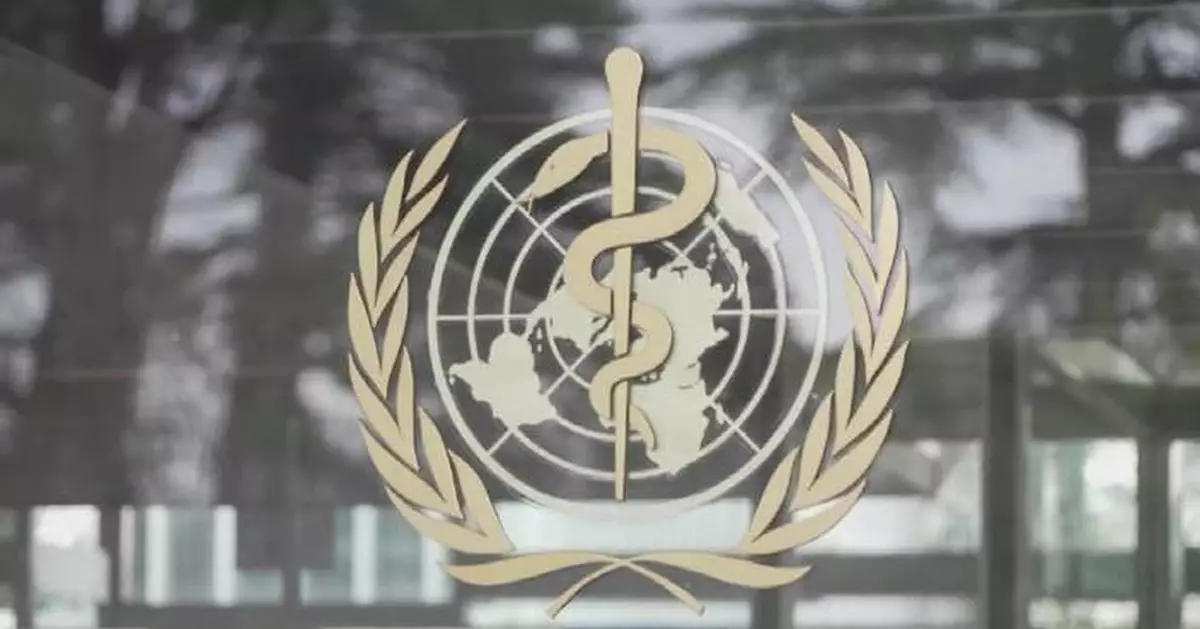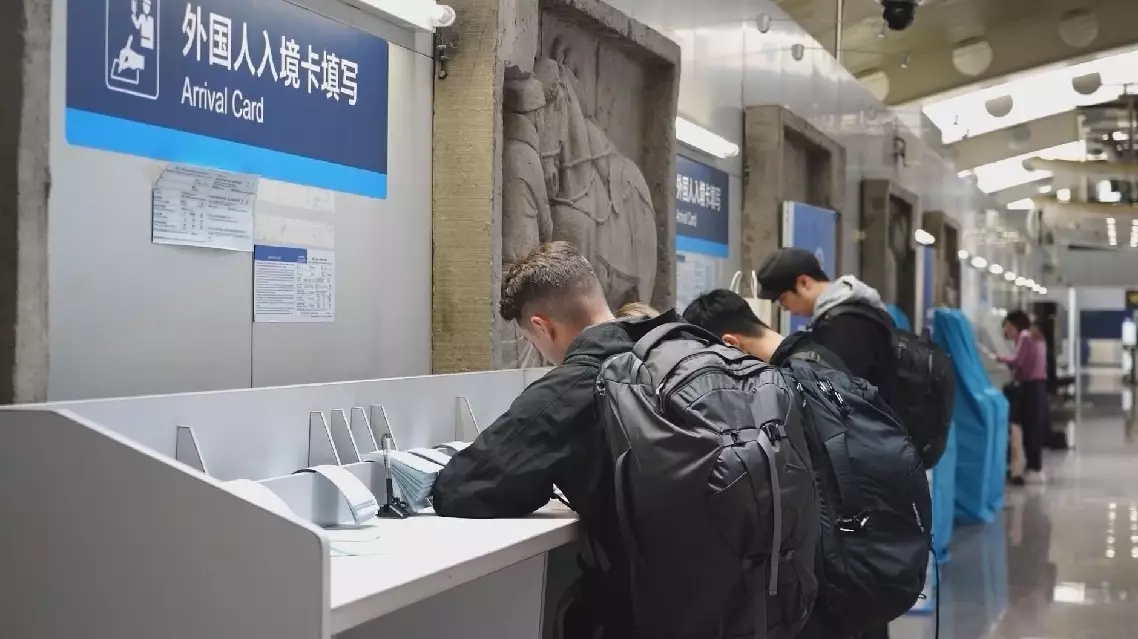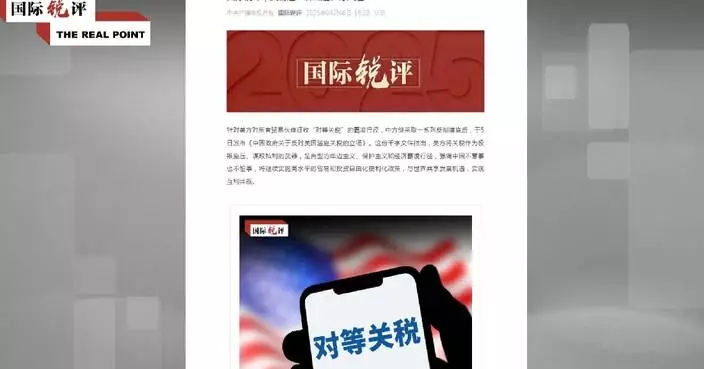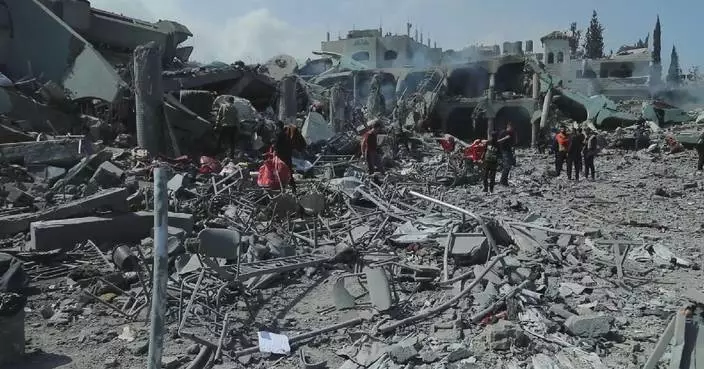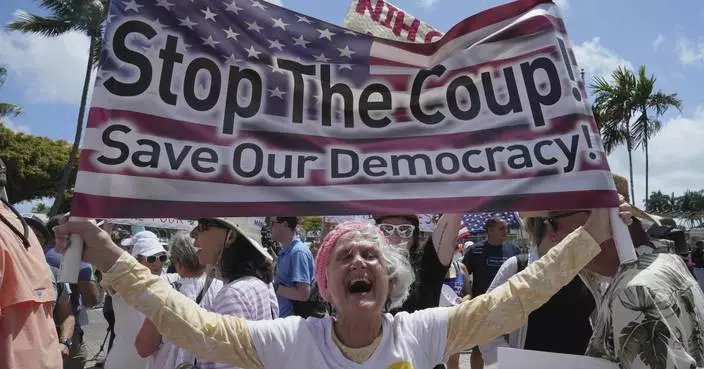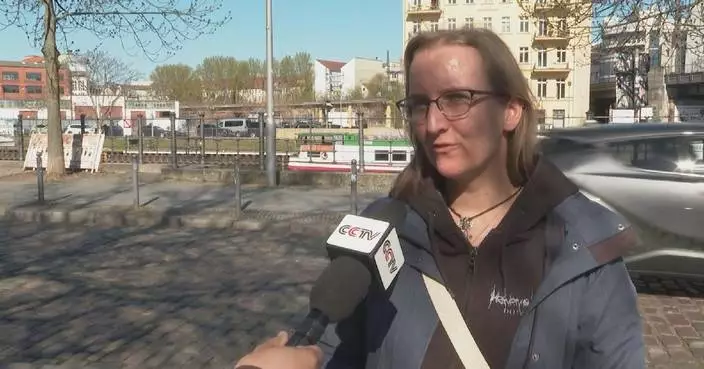The global resurgence of cholera constitutes a "major emergency" that necessitates immediate action, including vaccination campaigns and improved water and sanitation systems, said spokeswoman for the World Health Organization (WHO) Margaret Harris on Saturday.
After decades of progress in controlling cholera, the number of cases is on the rise once again, even in countries that had not seen the disease in years, according to WHO.
In 2022, 44 countries reported cholera cases, a 25 percent increase from the 35 countries in 2021. This upward trend continued into 2023. Recent outbreaks have been more deadly, with cases fatality rates reaching their highest levels in over a decade, said WHO.
In an interview with China Global Television Network (CGTN), Harris discussed the measures being taken to resolve the cholera menace in Africa, particularly in South Sudan. She attributed the resurgence of the disease to limited resources, marked by inadequate water and sanitation systems in countries dealing with conflict.
"In fact, it's a major, major emergency globally. We classified the global resurgence of cholera that we have been seeing since 2021 as a grade three emergency in January 2023, which is our highest internal level for emergencies. And this is due to widespread outbreaks, but also, this is the real problem, this is why it's come back; resource limitations. Countries are dealing with conflict, but they have got poor water and sanitation systems. They've got many people who are displaced, but they simply lack the means to prevent it, and also to treat it," said Harris.
South Sudan is facing one of the most severe cholera outbreaks, with the latest outbreak being reported at Renk transit center for refugees and returnees fleeing conflict in neighboring Sudan. Many of those affected in Sudan are people living in the internally displaced persons' camps where sanitation is poor, exposing them to higher risk of infection.
In an attempt to contain the spreading of the disease, South Sudan's government and WHO are now racing to administer cholera vaccines among internally displaced people in the capital Juba and the nearby regions.
Harris said that the vaccination campaign does help in curbing disease spread, but it's far from enough. She called for quick actions to ensure safe water and sanitation systems to break the transmission cycle.
"Vaccines help. They're a tool, but they are not the main thing. The main thing is getting clean water available to all people and separating that clean water from [the locations] where people use as a toilet. So, you've got to keep the sanitation, the toilet facilities and the water separate. And this is what's not happening. So, unless you can ensure that people have access to genuinely clean water, and it's not mixed at all with water that's where people are going to the bathroom. And when they are in camps, and they're displaced and they're in very difficult circumstances, that's a hard thing to do, but it's absolutely critical. Now the vaccines can help people not to have as severe an illness, but that's only one little tool, the main thing is really getting the water and sanitation systems, helping people understand how they get cholera, how to stop it, and really knowing where it is and taking actions quickly to break the transmission, the infection from person to person," she said.
Cholera is an acute intestinal infection caused by the bacterium Vibrio cholerae, which spreads through food and water contaminated by feces. It can be prevented with safe eater and proper sanitation. While it can be fatal within hours if untreated, timely access to treatment can save lives.
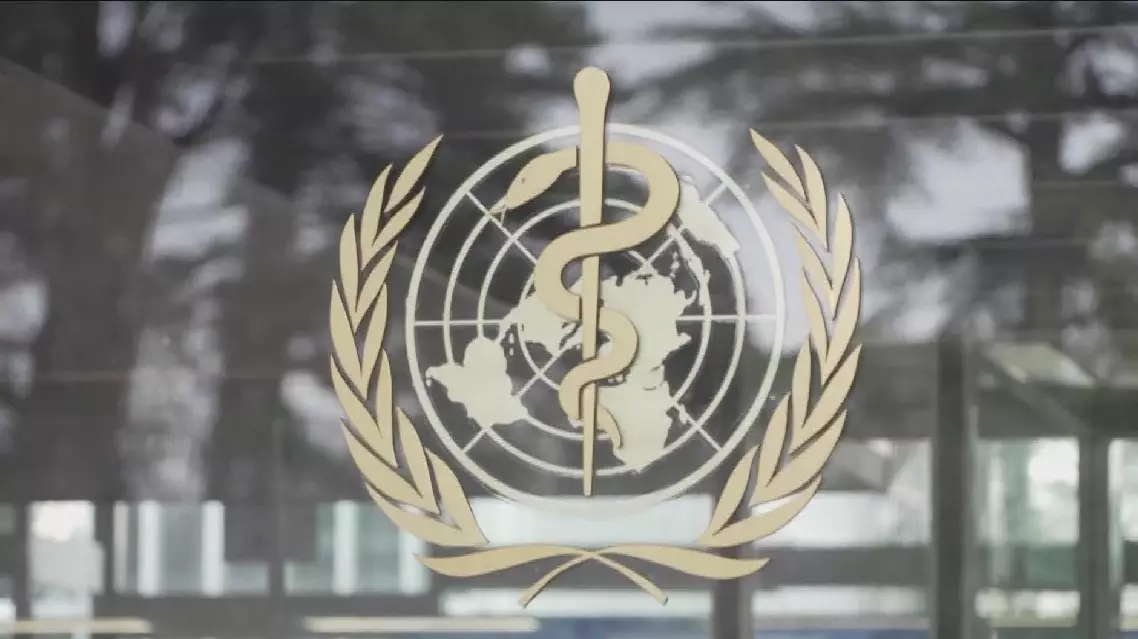
WHO declares cholera 'major emergency' as cases surge globally


